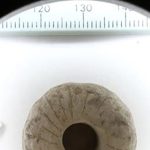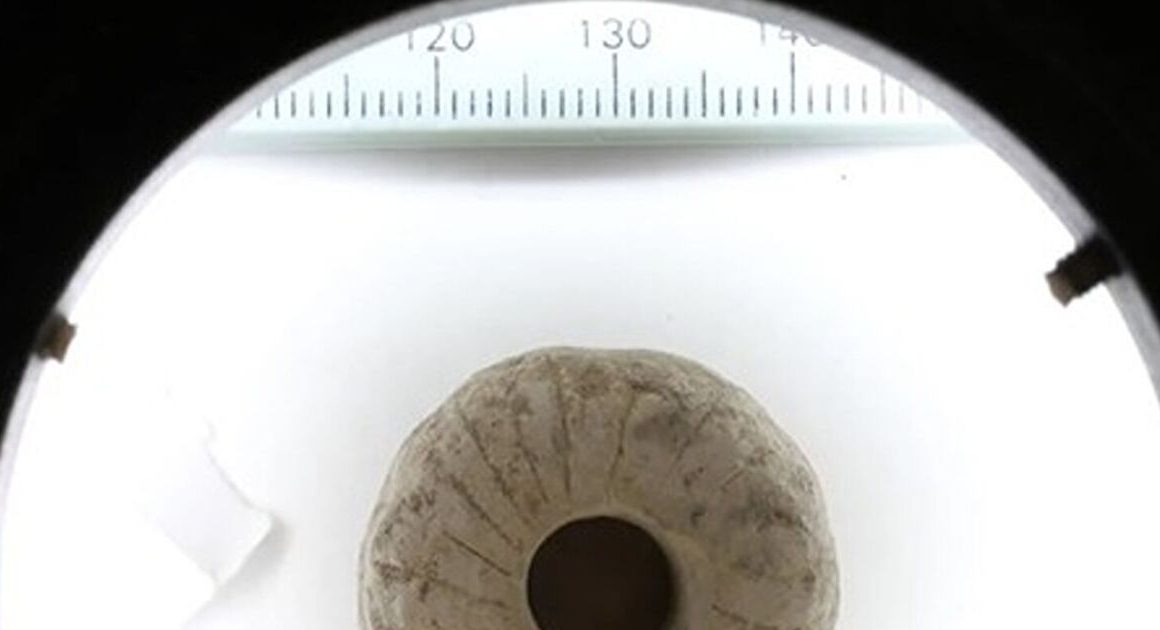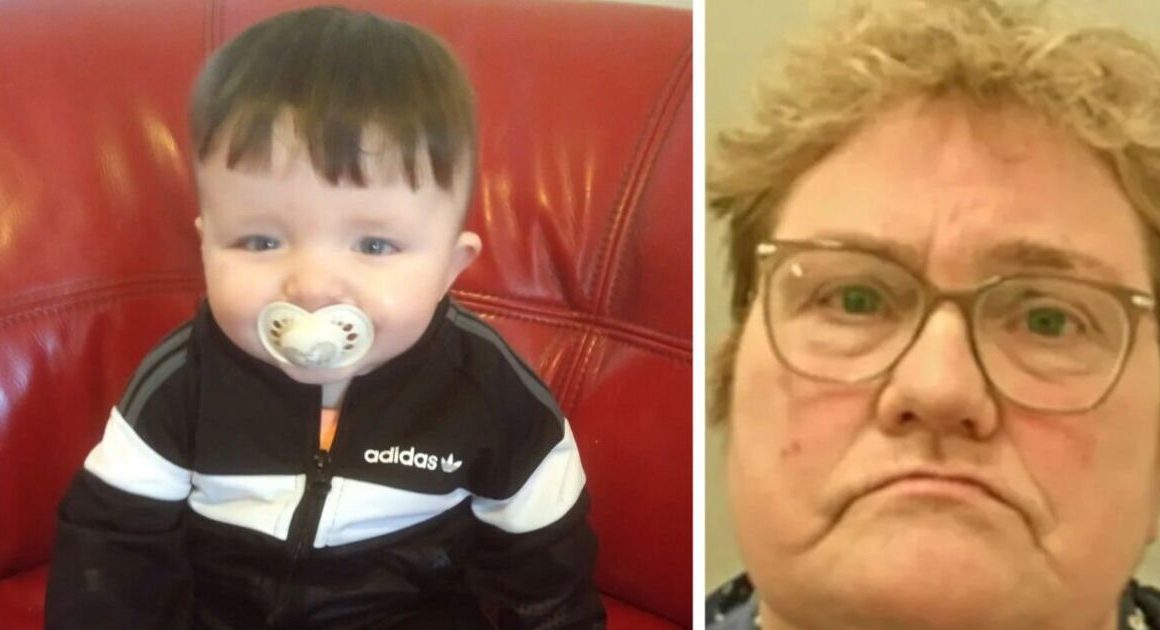Copenhagen is introducing a new scheme to reward tourists for participating in environmentally friendly tasks such as picking up litter and cycling through the city.
Tourists will be given free food and activities as part of the new CopenPay scheme, starting on July 15 and running until August 11.
Copenhagen’s tourist board announced the initiative in order to combat the pollution created by the millions of tourists who visit the city every year.
Its communications chief Rikke Holm Petersen said: “When you travel abroad – if you fly to other places or you travel by car – you pollute.
“One of the things we can change is getting people to act more sustainably at the destination. [It’s a] little step towards the green transition.”
Those who participate can claim free lunches, coffee, glasses of wine, and kayak rentals. As well as litter-picking and cycling, taking public transport will also make you eligible for the rewards.
Petersen explained that the scheme is “trust-based”, so you may not be asked for proof that you completed the environmentally friendly task.
She explained: “In some attractions, you might have to show a picture of you riding a bike or of your public transportation ticket.”
The attractions that choose to sign up to CopenPay, such as museums and bars, will not be reimbursed by the government. So far, 24 attractions have signed up and Petersen expects a “small number” of tourists to participate.
She added: “Imagine if we could have people taking a greener mindset back with them – if that was the souvenir they got – that would be amazing.”
The scheme is already been praised by tourists planning to visit Copenhagen, however, there are still concerns over how many people will want to spend their holiday litter-picking.
Orthy Jasper, who will be travelling to the city in August for work, told the BBC: “It’s cool they’re doing something for the climate [but] in terms of an incentive, it feels like a bit of an effort to do.”
Copenhagen’s tourism board is planning to keep the scheme running for the rest of the year if it proves to be successful during its upcoming month-long trial.












